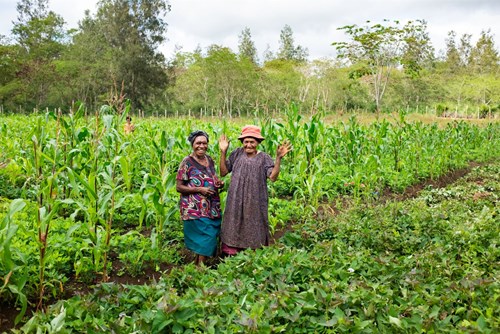Opinion piece by Jodie Stewart, Trade Commissioner, PTI Europe
Since early 2020 we have not only faced the onset of the COVID-19 pandemic, but also it’s ensuing variants. Just when we started to see travel bubbles open within the Blue Pacific and tourism operators preparing to welcome back much-needed international tourists, the doors were shut again as different countries attempted to curtail the highly transmissible Delta strain.
For almost two years, the Blue Pacific has remained closed to the international tourism business. A key pillar of economic development for many in the region, it has been encouraging to see how business owners and governments have looked to shift their focus. Rather than completely shut up shop, many people, where able, have sought to diversify, and new business opportunities have been created against extraordinary odds.
This has led businesses to contemplate what they have on offer to export. The sun, sea and fertile lands of Pacific Island Countries have helped grow the realisation that even rural communities can participate in, and benefit from, growing, harvesting and working with exporters. In addition to our traditional exports such as coconut oil, ginger, cocoa, and coffee, we see emerging opportunities for turmeric, moringa, tamanu, ginger, seaweed and more. This broadening demand creates opportunities for rural communities and opens the door for the inclusion of women and youth.
International organisations such as the International Monetary Fund and the World Trade Organization have talked consistently in recent years about diversification being a key element to economic development as a country moves to a more diverse production and trade structure. A lack of economic diversification is often associated with increased vulnerability to external shocks, which can undermine prospects for longer-term economic growth. It is also important that countries overcome constraints to mobility, including barriers that limit entry of women into the economic cycle.
Today, most of the remaining COVID-free nations on Earth are in the Blue Pacific. However, the pandemic has dealt a severe blow to our region’s economy. What has struck me profoundly, however, is the resilience of small to medium-sized business owners and the unfailing view that together, we can get through the worst.
I also find it heartening that even though businesses are going through challenging times, there is still so much effort being made within the Pacific Island Countries to be mindful that while diversification is important, collaboration within the business community also has significant merit. The drive to survive through cooperation, rather than undercutting others, shows a sense of solidarity that is truly inspiring.
As always, the PTI Network remains committed to creating commercial opportunities across the Blue Pacific by facilitating trade and investment between our host governments and the Pacific Island Countries and Territories.



